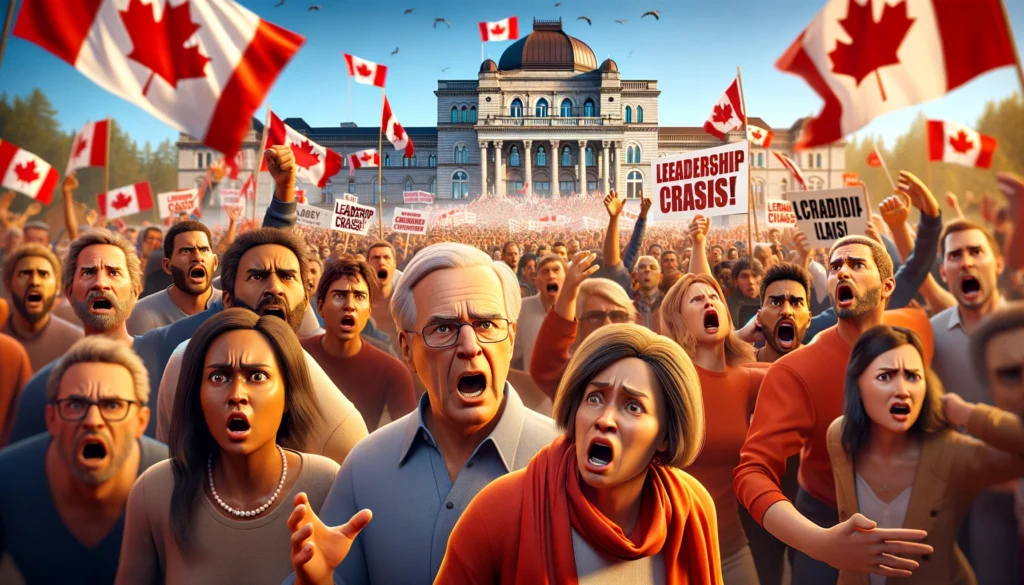In a stunning turn of events, Canadian Conservative Leader Pierre Poilievre was expelled from the House of Commons for the day on Tuesday, following a heated exchange in which he refused to retract his statement calling Prime Minister Justin Trudeau a “wacko” and “extremist.” This high-profile incident lays bare the deepening divisions between Canada’s Conservative and Liberal members of Parliament, raising questions about the effective functioning of the nation’s political system.
During the dramatic question period, Poilievre, to the applause of his conservative colleagues, condemned the government’s drug policy as a “wacko policy [pushed] by this wacko prime minister.” Liberal Party Speaker Greg Fergus objected to the comment, asserting that it qualified as “unparliamentary language” and ultimately demanded Poilievre’s ousting. The defiant Conservative leader staunchly stood by his words, even as he attempted to substitute “wacko” with words such as “extremist” and “radical.”
The palpable tension continued to escalate when, after Poilievre’s removal, the entire Conservative Party caucus walked out of the House in a unified act of protest. Poilievre later reiterated his controversial remarks on social media, maintaining that the Trudeau administration’s drug policies were causing harm and that it was indeed a “wacko policy from a wacko PM that’s destroying lives.”
Fanning the flames of this political firestorm, Trudeau had earlier in the day branded Poilievre a “spineless” leader who was engaging in a campaign of personal attacks and “pandering” to “white nationalists.” Poilievre retorted by highlighting Trudeau’s past instances of dressing up in racially insensitive costumes, thus bringing the issue of race and identity into the increasingly bitter feud.
This explosive altercation, which led to the booting of both Poilievre and Conservative Rachael Thomas from the House of Commons, begs critical questions as to the future of Canadian politics. With the nation’s political representatives seemingly more concerned with hurling insults and accusations than discussing pertinent policy issues, the path forward for Canada as a functioning democracy appears murkier than ever.
As this saga continues to unfold, piercing the facade of political civility, Canadians will undoubtedly continue to contend with a barrage of political drama that foreshadows an increasingly polarized and divided nation. With all eyes now on these embattled political figures, the true test lies not in who can throw the sharpest barbs but in who can ultimately steer the nation toward substantive discussions and effective solutions for the pressing issues at hand. Only then may Canada rise above the noise and chaos of vicious political infighting and find a path toward a more constructive and unified future.



